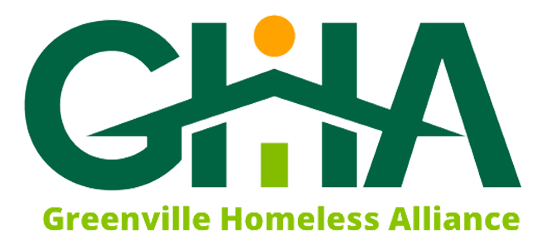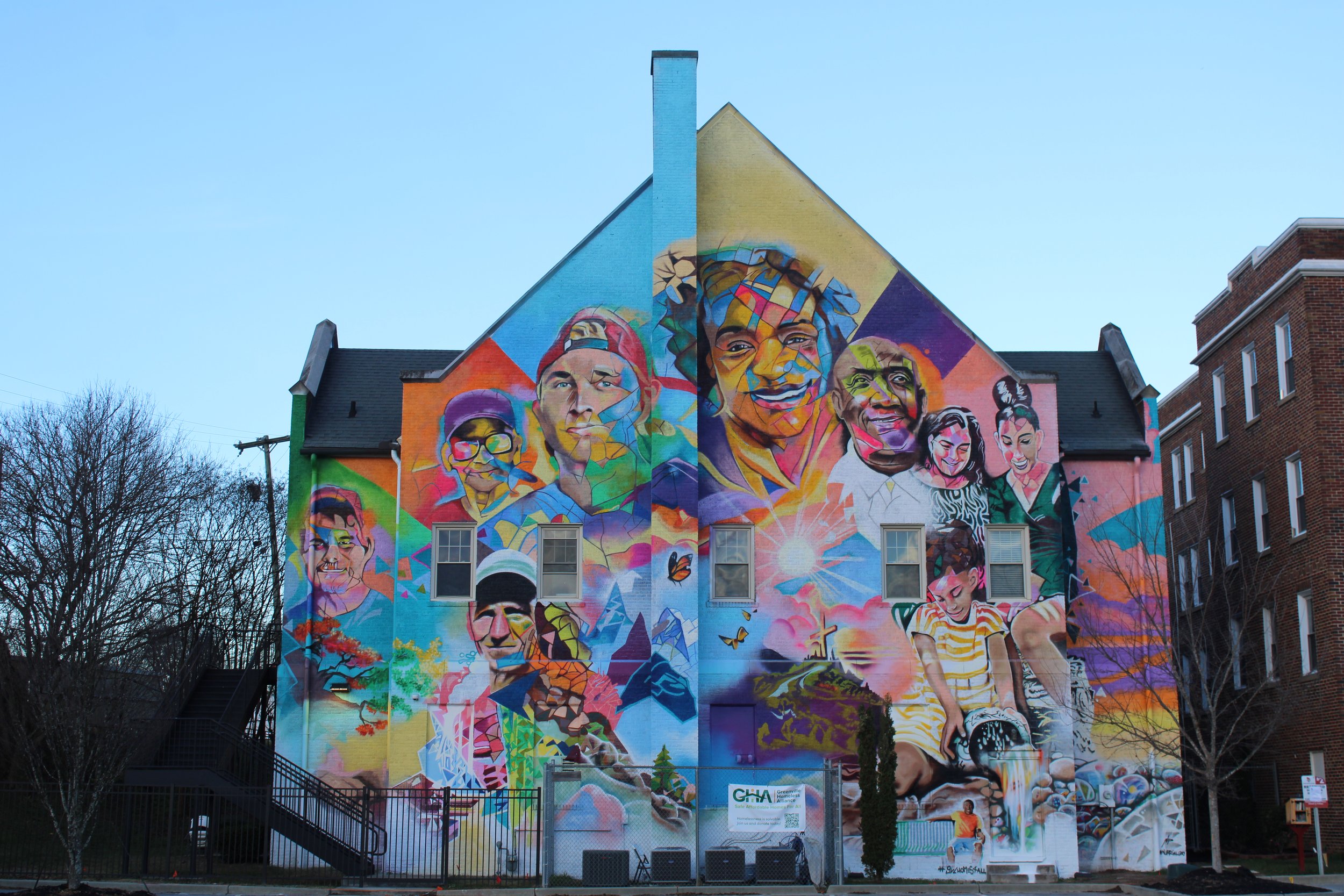Alliance
Greenville has made investments in addressing unsheltered homelessness, but even with these resources, there remain challenges. The GVL iGNITE Fund is part of the Greenville Homeless Alliance Housing Navigator pilot that is working to address gaps in available resources by supplementing clients’ incomes for stable housing. Many Greenville residents who experience chronic homelessness have Social Security Income (SSI), a consistent, non-varying amount of money coming in monthly. The 2024 monthly maximum Federal amount for SSI is $943 per month for an eligible individual or $11,316 per year. At that income, the affordable rent rate of 30% of an individual's gross income is $283 per month.The 2024 one-bedroom fair market rent for the Greenville metropolitan area according to the US Department of Housing and Urban Development is $1074/month. This ongoing financial gap is leaving people on our streets who yearn for a safe home of their own with few to no options.
United Ministries’ Place of Hope Associate Director of Homeless Services, Nick Bush, describes the GVL iGNITE Fund as having the latitude to be flexible and adaptive. That means the funds are not bound by the strict statutory regulations that come along with federal funding. These regulations can disqualify applicants due to a previous eviction, felony criminal record(s), or a history of misdemeanor charges.
Consistent
In her long-ago professional past, Melisa Garvais was helping seniors in a nursing facility. More recently, she was a resident coordinator for a corporation operating deeply affordable housing in the heart of downtown Greenville for seniors, The Summit (3). But her heart was more “with the people,” so after some serious soul searching, she knew she was called to be part of the Triune Mercy Center staff who she fondly refers to as family. Triune Mercy Center is a non-denominational church with a strong mission to Greenville’s homeless and low income residents.
Melisa is the social worker for one of the clients connected to the Greenville Homeless Alliance (GHA) Housing Navigator, DJ Hillman, and the GVL iGNITE Fund. Both launched in 2023 in partnership with the Piedmont Health Foundation. The fund is part of a pilot to help explore the benefit of utilizing flexible funding to maintain housing for an extended period for individuals moving out of chronic homelessness.
Her client Gordon (1) was consistent. When he would get his Social Security check of $1410/month, he’d figure out how many motel nights he could afford, but that money went very quickly. He would sleep on the streets the rest of the time. As his social worker, Melisa says that he would faithfully show up every day, and that “consistency goes a long way in establishing a relationship.” She notes, “He has actually been reluctant to leave the streets. He has a sense of loyalty to his friends who are outside. The seasons are changing, though. Gordon told me months ago he doesn’t know if he will survive another winter on the streets.”
There is a deficit of safe housing that is affordable to Gordon.
Faith
One thousand, one hundred and thirty-four. That’s how many nights were spent in the Greenville Rescue Mission - Miracle Hill Ministries emergency shelter for men by Brian Bowie’s client, Vincent. A former firefighter, Vincent is a kind soul with a blemish on his past. Despite having served time for his mistake, no employer or potential landlord would take a chance on him.
The Greenville Homeless Alliance’s Housing Navigator role in partnership with the Piedmont Health Foundation and the GVL iGNITE Fund was established with clients like Vincent in mind: someone who has a stable income (meaning both consistent and non-variable such as Social Security) but who often has some significant obstacle to securing safe, stable housing. In Vincent’s case, it was having a past crime haunt him many years after he made amends.
John
At the end of his walk to work one morning, John was run over by a tractor-trailer making a delivery to his place of employment. He was hit with enough force to fracture his skull and cause bleeding on his brain. The collision was so violent that it ripped the quarter panel on the truck’s driver side completely off.
John was hospitalized for a month. While he had recovered enough to be released, he had not healed enough to return to the streets.
Enter the first medical respite program for the homeless in South Carolina.
Michael
Michael, one of the first residents of Reedy Place, picked out a corner unit because he could look out the window and see Paris Mountain. It was his first home in about 20 years. Before Reedy Place opened near downtown Greenville, Michael was experiencing homelessness and sleeping in the woods.
United Housing Connections established Reedy Place to serve people experiencing chronic homelessness with a serious mental illness. Mental health workers told Michael, who had schizophrenia and was actively using crack cocaine and alcohol, about Reedy Place about two years before it opened. At first, he was skeptical.
Catalina
Catalina, a single mother of two, took a $10,000-a-year pay cut to make ends meet. Catalina, who has a bachelor’s degree from the University of Rhode Island, worked as a human services specialist at the Department of Social Services interviewing applicants for the Supplemental Nutrition Assistance Program and the Temporary Assistance for Needy Family Program.
After a relationship with her daughter’s father ended and she moved to Greenville, she discovered that her salary was not enough to pay for childcare for the toddler, an after-school program for her then 12-year-old son, transportation to work, and a place to live, yet was too high to qualify for government assistance.
The Power of Collaboration
Michael served five years in prison on an arson charge and returned to Greenville after completing his sentence without a home, family, or support system. He struggled through two failed attempts to stay in an emergency shelter, finding it extremely difficult to live in such close quarters due to challenges associated with his mental illness.
That’s when a collective fund working in partnership with frontline organizations assisted Michael and changed the course of his life.
Fred
Fred lost count of how many times he had been in and out of prison, but as he sat in a cell at Allendale Correctional Institution serving a sentence for distribution of crack cocaine in late 2017, he decided he was never going back.
While he was still in prison, he interviewed with Soteria Community Development Corporation, a Greenville nonprofit that focuses on helping men who have been incarcerated successfully re-enter the community.







